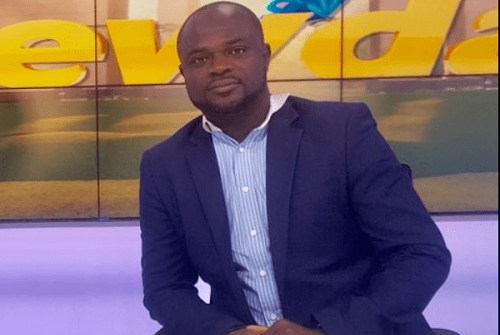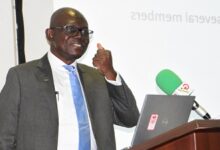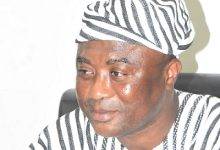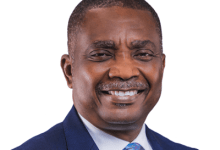
Justice Abdulai, a law lecturer at the University of Professional Studies Accra (UPSA) has said that the recent decision of the Supreme Court (SC) that the Deputy Speaker of Parliament could count himself for purposes of a quorum and is entitled to an original vote is a miscarriage of justice.
On March 9, a seven-member panel presided over by Justice Jones Dotse held that a deputy speaker presiding in the absence of the Speaker does not lose his original vote.
The court reached this decision after a suit was brought before it by Mr Abdulai, who argued that it was unconstitutional for Mr Joseph OseiOwusu, the New Patriotic Party Member of Parliament for Bekwai Constituency, to count himself for the purposes of quorum on November 30, 2021 while presiding as the Speaker.
The Attorney General (AG) in his response contends that the Deputy Speaker does not lose his right to vote while presiding.
The court, in its judgement, disagreed with the views of the plaintiff and made consequential orders to the effect that Order 109(3) of the Standing Orders of Parliament was inconsistent with the 1992 Constitution; that the decision of Parliament approving the Government of Ghana budget and economic policy for 2022, taken on November, 30, 2021, with the Deputy Speaker as part of the quorum of Parliament, was valid.
The court said that Ghana’s position on the right of the presiding officer of Parliament to vote on a matter is in consonance with the Law or practice in the Commonwealth and Anglo-American Jurisdictions as the United Kingdom, United States, Canada, Australia, Kenya, and South Africa.
In his motion on notice for review of the judgement of the SC filed on April 8, 2022, the plaintiff said Article 34 of the 1992 Constitution states in the Directive
Principles that in applying, enforcing, implementing and or interpreting the
constitution, citizens, Parliament, the President, the Judiciary, the Council of State, the cabinet, political parties and other bodies and persons are to be guided by the values and principles of the constitution.
It is his case that as part of the overriding constitutional principles and values of the 1992 Constitution, fairness, equity, justice and the rule of law, among other internationally recognised constitutional values were important consideration for the growth and development are imperative to achieve a just society.
“To this end, I believe and submit that any interpretation and or enforcement of the Constitution that does not attain these values and principles will not inure to the benefit of the Ghanaian society and their constitutional democracy. Thus any interpretation and enforcement should, in my mind, achieve these overriding principles and values,” he averred.
Mr Abdulai said giving the obscure nature of a presiding Deputy Speaker’s vote and participation in the quorum of Parliament within the 1992 Constitution, the 1992 Constitution as a whole, the legislative antecedents of its Articles 102, 104 (1) & (2), 295(2)(a) as borne out in the 1957, 1960, 1969, and1979 Constitutions, as well other enactments in (parimateria) as Act 300 and NLCD 406, should have all been considered by the Ordinary Bench in searching for the true intention of the framers of the 1992 Constitution.
“This would have revealed to the Ordinary Bench of the Court that the original vote of a Deputy Speaker once existed in our Parliament but was repealed by NLCD 406 and never returned.
“It would have also revealed to them that none of our past Constitutions or enactments ever allowed a Deputy Speaker or a person presiding in Parliament to participate in the quorum of Parliament,” he pointed out.
The plaintiff averred that failure of the ordinary bench to consider the above broader context in interpreting the Constitution, they arrived at a decision that is inconsistent with the intention of the framers of the 1992 Constitution.
BY MALIK SULLEMANA






